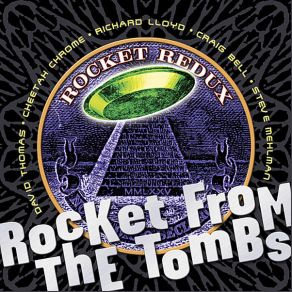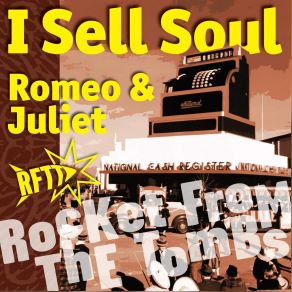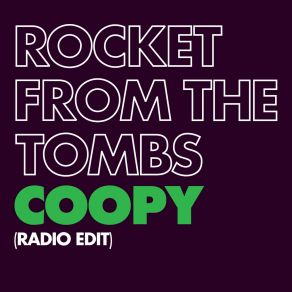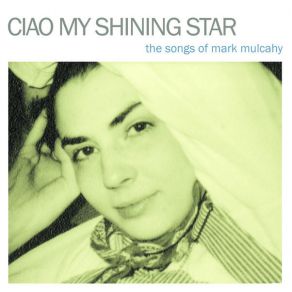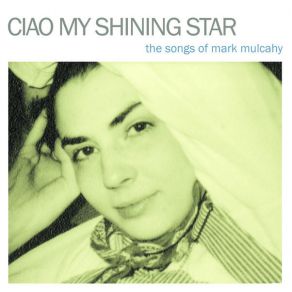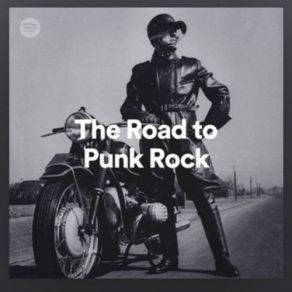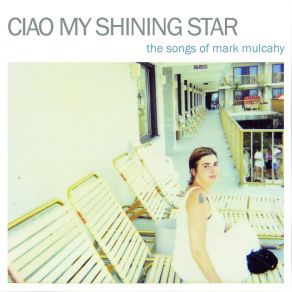Rocket From The Tombs
Wikimp3 information about the music of Rocket From The Tombs. On our website we have 10 albums and 7 collections of artist Rocket From The Tombs. You can find useful information and download songs of this artist. We also know that Rocket From The Tombs represents Alternative genres.
Biography
[Edit]Not to be confused with San Diego-based alt rockers Rocket from the Crypt, Rocket from the Tombs was a mid-'70s Cleveland un-punk outfit best-known as the band that split into two better-known Cleveland punk bands, Pere Ubu and the Dead Boys. Rocket was formed by a reporter for the weekly Cleveland entertainment newspaper The Scene who went by the name of Crocus Behemoth. A portly man with a mound of wild hair, Behemoth had the perfect name, and a reputation as a wild, completely unpredictable stage performer, which in the early days of the group, consisted of wrapping his considerable girth in aluminum foil, wearing Kiss-style makeup, and spray-painting his hair. After numerous musicians came and went, Behemoth met Peter Laughner, a guitarist/songwriter who played at many of the same clubs as RFTT, as a member of Cinderella Backstreet, a now-infamous Cleveland band of which Pretender Chrissie Hynde was briefly a member. Laughner became a fan of Rocket and occasionally joined the band for a song or two. Before long, Laughner and Behemoth became partners, and with the addition of guitarist Gene O'Connor, bassist Craig Bell, and drummer Johnny "Madman" Madansky, Rocket from the Tombs became a fairly stable unit.
Playing high-energy rock influenced by the Stooges and Lou Reed (Laughner's hero), RFTT made a name for itself in the Cleveland club scene, as well as opening for touring thud-rock has-beens like Iron Butterfly. The songs were sharp and acerbic, a worm's-eye view of an entropic Cleveland, an urban area that was then a dying industrial city. Songs like "Life Stinks" and "Thirty Seconds Over Tokyo" (both later recorded by Pere Ubu) were indicative of the boredom, anomie, and restlessness felt by the city's pre-punk punks. A mercurial band given to constant internal conflict, Rocket from the Tombs was a group always at odds with itself. One example was the Crocus Behemoth issue; outside of Laughner, no one else in the band could stand his singing (or non-singing, as the case may be). Compounding this were Laughner and Behemoth's arty proclivities, which clashed with the hard rock/heavy metal direction preferred by the rest of the band. In 1975, a scrawny, Iggy-worshipping kid from Youngstown, Ohio named Stiv Bators came to Cleveland and was tried out as lead singer, but he didn't last. Laughner, meanwhile, had met and become friendly with influential rock scribe and fellow gonzo Lester Bangs after sending Bangs a Rocket demo tape that he reviewed favorably for Creem. Soon Laughner was writing for Creem and traveling to New York for a first-hand look at the punk scene at CBGB's. Blown away by Patti Smith and especially Television, Laughner returned to Cleveland only to find that the issue of musical direction was tearing RFTT apart. Within weeks, the band was no more.
Laughner and Behemoth (who at this point was going by his birth name, David Thomas) began Pere Ubu, while Gene O'Connor (then called Cheetah Chrome) and Johnny Madansky (then Johnny Blitz) had wisely remembered to keep Bators' phone number; they called him up and formed the wonderfully scuzzy Dead Boys. Laughner's time as a member of Pere Ubu was short, and by 1976, he was fronting a series of new bands, among them Friction, the Finns, and Peter & the Wolves. Despite this flurry of creativity, which included a good chunk of writing for Creem, Laughner was fueling a substance abuse problem that had reached critical mass, and by 1977, he was dead of liver failure at the age of 25. Both Pere Ubu and the Dead Boys went on to have respectable careers (Ubu more so than the Boys), but the sad legacy of Rocket from the Tombs is that of Peter Laughner, an extremely talented man who didn't live long enough to see his talent rewarded. Over 25 years after their initial demise, the surviving members — bolstered by Television's Richard Lloyd, Laughner's replacement — defied the odds by regrouping for an exhilarating June 2003 tour, documented on Rocket Redux. In 2010, this same lineup reconvened in Cleveland for recording sessions. The results were released a year later as Barfly.
Title: The Day The Earth Met The Rocket From The Tombs
Artist: Rocket From The Tombs
Genre: Rock, Alternative
Title: The Day the Earth Met the... Rocket from the Tombs (Live)
Artist: Rocket From The Tombs
Genre: Punk, Alternative
Collections
Title: Dirty Water: The Birth of Punk Attitude
Genre: Punk, Alternative
Title: Ciao My Shining Star: The Songs of Mark Mulcahy
Genre: Alternative
Title: Datapanik In The Year Zero
Genre: Experimental Rock, Post Punk
Title: Extermination
Genre: Punk
Title: Uncut: Here We Are Now
Title: The Road To Punk Rock (CD2)
Featuring albums
Title: Ciao My Shining Star - The Songs of Mark Mulcahy
Artist: Various Artists
Genre: Pop, Alternative
Title: Datapanik In The Year Zero 1975-1982 (CD5)
Artist: Pere Ubu
Genre: Avant Garde Jazz, Rock, Garage Rock, Psychedelic Rock, Post Punk, Avant Garde Metal


